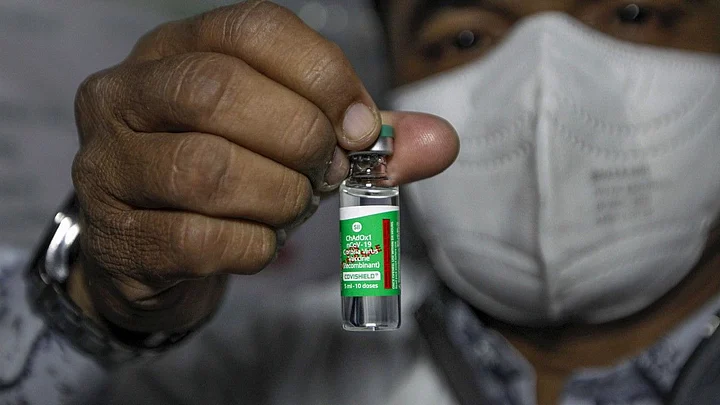The decision to extend the interval between the two doses of the Covishield vaccine was based on scientific data, tweeted Union Health Minister Harsh Vardhan on Wednesday, 16 June. This comes after three members of the advisory committee said that it was done without the support of the scientific group.
On 13 May, the government accepted the COVID-19 Working Group's recommendation and extended the gap between the two doses of the Covishield vaccine from 6-8 weeks to 12-16 weeks.
"We have a very open, transparent system where decisions are taken on a scientific basis. The COVID Working Group took that decision, with no dissenting voice. The issue was then discussed threadbare at the NTAGI meeting, with no dissenting notes," National Technical Advisory Group on Immunization (NTAGI) chief NK Arora said on Tuesday.
“Initial studies on Covishield were very heterogeneous. Some countries like the UK went for 12 weeks dose interval when they introduced the vaccine. While we were privy to this, when we decided our interval, we went for four weeks interval based on our bridging trial data.”NK Arora
‘We Had No Information’: Advisory Board Members
Three members of the advisory board told news agency Reuters that the government doubled the gap between the two doses of the AstraZeneca COVID-19 vaccine without the agreement of the scientific group.
Speaking to the news organisation, MD Gupte, a former director of the state-run National Institute of Epidemiology, said, "8 to 12 weeks is something we all accepted, 12 to 16 weeks is something the government has come out with. This may be alright, may not be. We have no information on that.”
JP Muliyil, a member of the COVID working group, said there had been discussions within the NTAGI on increasing the vaccine dosage interval – 12-16 weeks gap was not recommended. “That specific number was not quoted,” he told Reuters.
Experts Issue ‘Clarification’
However, later in the day, two of the three members who spoke to Reuters, issued a ‘clarification’.
"Every member speaks, somebody says make it six months and somebody says make it three months or two months. In a Zoom meeting, we give technical advice in terms of safety, advantages and disadvantages due to increasing gap,” Dr Muliyil said, speaking to news agency ANI.
“We do not disclose anything that we discuss in the committee and I am very clear in that. We sign confidentiality agreement we do not discuss. Whatever evidence is shown on paper or manufacturers and researchers show as evidence, we go by it," Dr Mathew Varghese, member of NTAGI, also told ANI.
The AstraZeneca vaccine accounts for almost 90 percent of doses administered in India. The dispute over dose intervals comes amid criticism that the government was slow to respond to the Delta variant that led to the second wave of COVID-19 infections.
(At The Quint, we question everything. Play an active role in shaping our journalism by becoming a member today.)
